Ronaldo
Cristiano Ronaldo: The Legacy of a Football Legend

Cristiano Ronaldo, a name synonymous with greatness in the world of football, has become one of the most recognizable and celebrated athletes of all time. From his humble beginnings on the island of Madeira to his rise as one of the sport’s most decorated players, Ronaldo’s journey is a testament to hard work, perseverance, and an unyielding desire to be the best. Over the course of his illustrious career, he has broken countless records, won numerous individual and team accolades, and inspired millions of fans around the world. In this blog, we will explore the life, career, and lasting legacy of Cristiano Ronaldo, diving into the key moments that defined his career and what makes him stand out as a true footballing icon.
Early Life and Beginnings
Cristiano Ronaldo dos Santos Aveiro was born on February 5, 1985, in Funchal, Madeira, Portugal. He was the youngest of four children in a modest family. Ronaldo’s father worked as a kit man for a local football club, and his mother was a cook. Despite facing financial struggles, Ronaldo’s love for football was evident from a young age. His natural talent on the field quickly made him stand out among his peers.
At just eight years old, Ronaldo joined Andorinha, a local football club where his father worked. His skill and passion for the game were evident, and it wasn’t long before he caught the attention of scouts from one of the largest clubs in Madeira, Nacional. Ronaldo continued to excel at Nacional, and at the age of 12, he made a life-changing decision to move to Lisbon to join the Sporting CP academy, one of Portugal’s most prestigious football academies. This move marked the beginning of his journey to becoming a football superstar.
The Rise of a Star at Sporting CP
At Sporting CP, Ronaldo quickly rose through the ranks due to his incredible talent and dedication. His speed, agility, and technical ability set him apart from other players his age, and he soon became one of the top prospects at the academy. Ronaldo made his first-team debut for Sporting CP in 2002, at the age of 17. He was an instant sensation, showcasing his dribbling skills, ability to take on defenders, and eye for goal.
Ronaldo’s performances in Portugal did not go unnoticed. In 2003, during a friendly match between Sporting CP and Manchester United, Ronaldo put on a dazzling display that left Manchester United’s players and coach, Sir Alex Ferguson, in awe. Ferguson was so impressed by Ronaldo’s performance that he made it a priority to sign the young Portuguese star. By the summer of 2003, Ronaldo had signed for Manchester United in a deal worth £12.24 million, making him the most expensive teenager in English football at the time.
Manchester United: The Global Breakthrough
Cristiano Ronaldo’s move to Manchester United marked the beginning of his journey to global stardom. Under the guidance of Sir Alex Ferguson, Ronaldo developed into one of the best players in the world. His first few seasons at the club were filled with moments of brilliance, though he was still developing his game and adjusting to the physicality of the Premier League.
In the 2006-2007 season, Ronaldo truly began to emerge as a world-class player. He scored 23 goals across all competitions, helping Manchester United win the Premier League title for the first time since 2003. His speed, technical ability, and flair on the pitch made him a fan favorite and a nightmare for opposing defenders. The following season, 2007-2008, was a defining moment in Ronaldo’s career. He scored 42 goals in all competitions, including 31 in the Premier League, helping Manchester United retain the title and win the UEFA Champions League. Ronaldo’s incredible performances earned him his first Ballon d’Or, awarded to the best player in the world.
During his time at Manchester United, Ronaldo became known for his free kicks, dribbling, and incredible athleticism. He helped the club win three consecutive Premier League titles from 2007 to 2009, cementing his legacy as one of the greatest players to ever play for the club. However, after six successful seasons at Manchester United, Ronaldo made the decision to pursue a new challenge, and in the summer of 2009, he made a record-breaking move to Real Madrid for £80 million, making him the most expensive footballer in history at the time.
Real Madrid: The Peak of His Powers
Cristiano Ronaldo’s move to Real Madrid marked the beginning of what many consider to be the peak of his career. At Real Madrid, Ronaldo took his game to an entirely new level, breaking numerous records and achieving unprecedented success. His rivalry with Barcelona’s Lionel Messi also intensified during this period, as the two players pushed each other to new heights.
In his first season at Real Madrid, Ronaldo scored 33 goals in all competitions, but it wasn’t until the arrival of José Mourinho as manager in 2010 that Ronaldo’s goal-scoring exploits reached truly extraordinary levels. In the 2010-2011 season, Ronaldo scored 53 goals in all competitions, including a remarkable 40 goals in La Liga, setting a new record for the most goals scored in a single La Liga season.
Ronaldo’s time at Real Madrid was filled with personal and team success. He won four Champions League titles with the club, including three consecutive titles from 2016 to 2018. His performances in the Champions League were nothing short of phenomenal, as he consistently delivered on the biggest stage. Ronaldo became the all-time leading goal scorer in the history of the Champions League, as well as Real Madrid’s all-time top scorer.
In addition to his success in the Champions League, Ronaldo also helped Real Madrid win two La Liga titles, two Copa del Rey titles, and numerous other domestic and international trophies. His goal-scoring record at the club was truly astonishing – he scored an incredible 450 goals in 438 appearances, averaging more than a goal per game.
During his time at Real Madrid, Ronaldo won four more Ballon d’Or awards (2013, 2014, 2016, 2017), bringing his total to five. His ability to consistently perform at the highest level, year after year, solidified his status as one of the greatest footballers of all time.
Juventus and a New Challenge
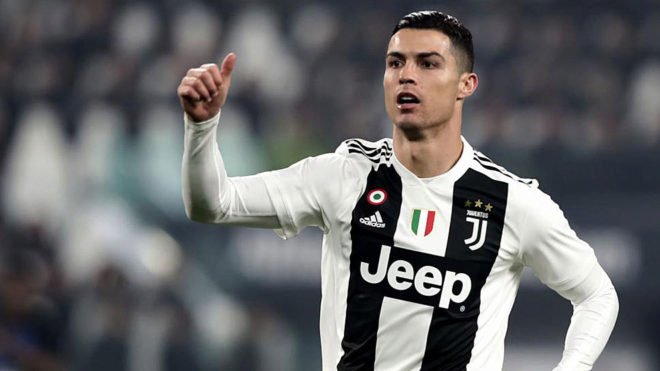
In the summer of 2018, at the age of 33, Ronaldo made the decision to leave Real Madrid and join Italian giants Juventus in a €100 million deal. Many questioned whether Ronaldo could continue to perform at the same level in a new league and at an advanced age, but once again, Ronaldo proved his doubters wrong.
In his first season at Juventus, Ronaldo scored 28 goals in all competitions and helped the club win the Serie A title. His impact at Juventus extended beyond his goal-scoring ability, as his leadership and professionalism set a standard for the entire team. Ronaldo continued to perform at a high level during his time at Juventus, winning two Serie A titles, a Coppa Italia, and several individual awards.
Although Ronaldo’s time at Juventus did not result in Champions League success, his performances remained consistent, and he continued to break records. In 2020, Ronaldo became the fastest player in Juventus history to score 100 goals for the club, achieving the feat in just 131 appearances.
Return to Manchester United
In August 2021, Cristiano Ronaldo made a sensational return to Manchester United, 12 years after he had left the club for Real Madrid. His return was met with excitement and anticipation from Manchester United fans around the world. In his first game back at Old Trafford, Ronaldo scored twice in a 4-1 victory over Newcastle United, reminding the footballing world of his ability to perform at the highest level, even at the age of 36.
While his second spell at Manchester United has not yet reached the heights of his first, Ronaldo’s impact on and off the field remains undeniable. He continues to break records, including becoming the all-time top scorer in men’s international football with over 110 goals for Portugal. His leadership, work ethic, and determination to succeed serve as an inspiration to players and fans alike.
International Success with Portugal
While Cristiano Ronaldo’s club career has been filled with success, his achievements on the international stage with Portugal are equally significant. Ronaldo made his debut for the Portugal national team in 2003 and has since become the country’s all-time leading goal scorer and most-capped player.
Ronaldo’s greatest moment with Portugal came in 2016 when he captained the team to victory in the UEFA European Championship. Despite being forced off due to injury in the first half of the final against France, Ronaldo’s leadership from the sidelines was instrumental in motivating his teammates, who went on to win the match 1-0 in extra time. It was Portugal’s first major international trophy, and Ronaldo’s role in the triumph solidified his status as one of the greatest players in the history of the sport.
In 2019, Ronaldo added another international trophy to his collection, as Portugal won the inaugural UEFA Nations League. His performances in both the European Championship and Nations League were a testament to his ability to perform at the highest level, even on the international stage.
The Legacy of Cristiano Ronaldo

As Cristiano Ronaldo continues to defy age and expectations, his legacy as one of the greatest footballers of all time is secure. His unparalleled work ethic, commitment to fitness, and desire to continually improve have set him apart from his peers. Ronaldo’s ability to adapt his game as he has aged, transitioning from a flashy winger to a prolific goal scorer, is a testament to his footballing intelligence and longevity.
Ronaldo’s influence extends beyond the pitch. He is one of the most marketable athletes in the world, with a massive social media following and endorsement deals with some of the biggest brands. His work off the field, including his philanthropy and
Share this content:
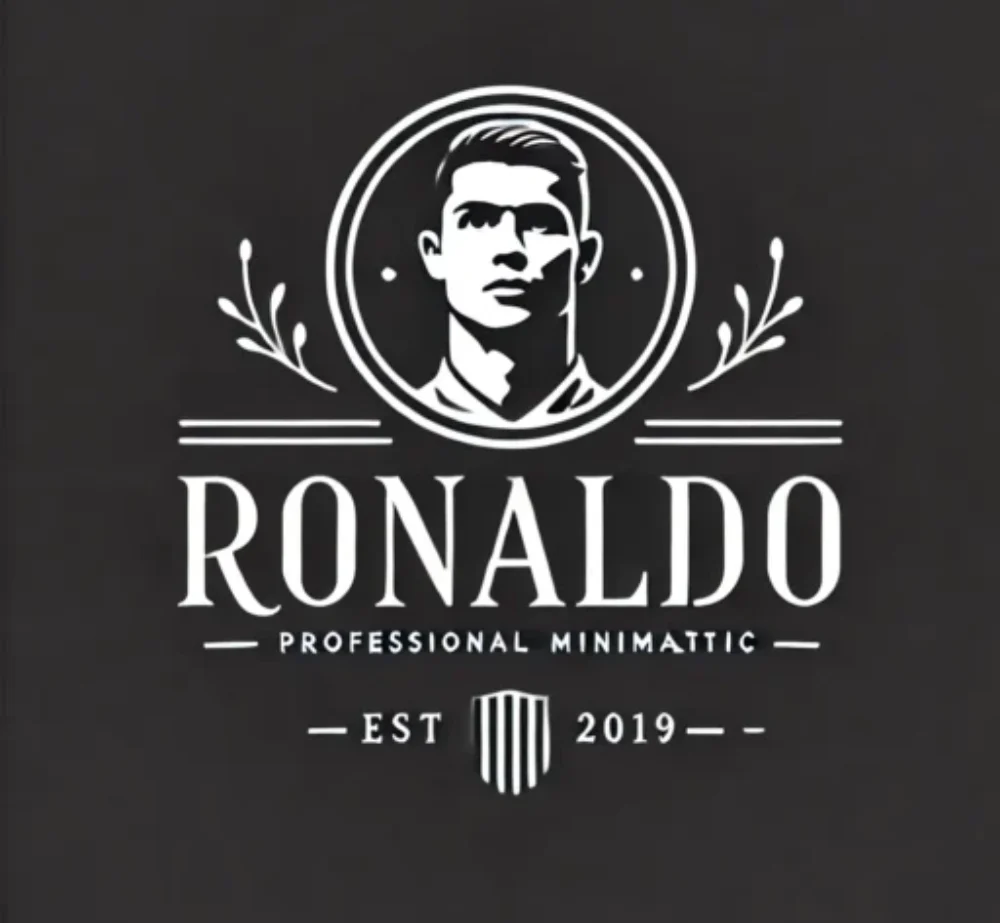
Ronaldo
“Ronaldo vs MrBeast: The Clash of Legends in Entertainment”
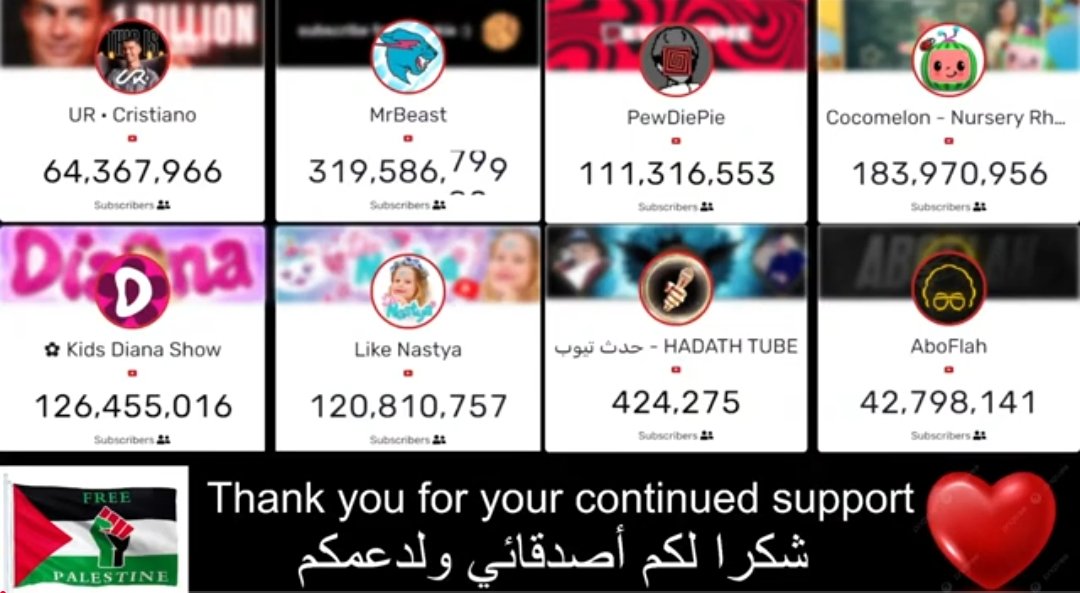
Cristiano Ronaldo and MrBeast excel in different worlds—Ronaldo dominates football with unparalleled skill and records, while MrBeast revolutionizes YouTube with philanthropy and viral content. Both embody dedication and influence, inspiring millions globally. Though their fields differ, their impact highlights the power of talent, hard work, and connecting with audiences worldwide.
“Ronaldo and MrBeast: Icons of Sports and Entertainment”
Share this content:
Ronaldo
Boycott Israel: Understanding Cristiano Ronaldo’s Statement and Its Impact
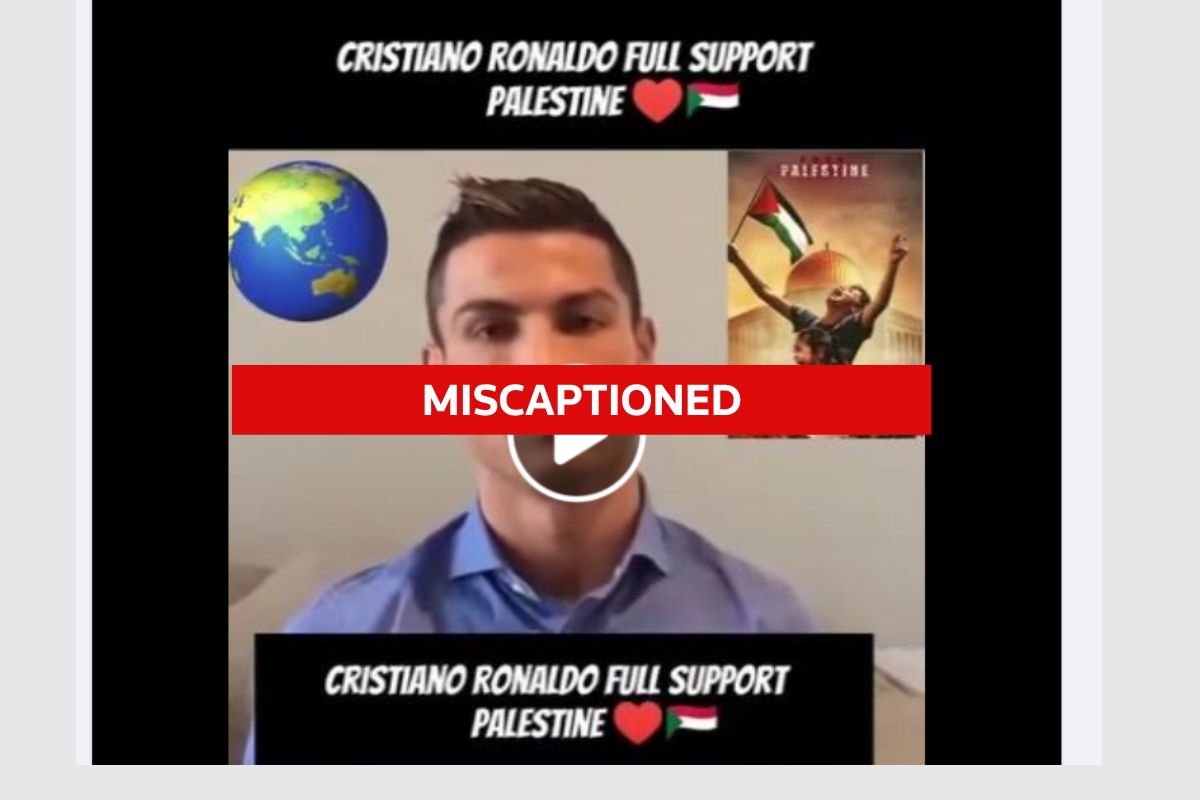
Introduction
Cristiano Ronaldo, one of the most influential athletes in the world, often finds himself in the headlines, not only for his footballing talent but also for his outspokenness on global issues. Recently, his stance regarding the “Boycott Israel” movement has sparked widespread attention. This statement, which touches on complex socio-political issues, has led to a whirlwind of reactions from fans, media, and political leaders worldwide. With millions of supporters globally, Ronaldo’s opinions carry weight, and his words have become a symbol for many who advocate for political and humanitarian causes.
This blog explores Ronaldo’s comments, the context behind the Boycott Israel movement, and the potential impact of his words on the world of sports, activism, and beyond. Whether you’re a fan of Ronaldo, interested in socio-political activism, or curious about the intersections of sports and global politics, this article will shed light on why Ronaldo’s statement resonates with so many. Read more: Boycott Israel Ronaldo Statement
1. The Context Behind Ronaldo’s Statement
Cristiano Ronaldo’s voice often transcends the football field. Known for his charitable acts and humanitarian work, Ronaldo has occasionally commented on social issues and international conflicts. His recent statement, which many interpret as supporting the Boycott Israel movement, has captured global attention and opened a new chapter in the ongoing discussions about athletes and activism.
To understand the significance of Ronaldo’s statement, it’s essential to delve into the Boycott, Divestment, Sanctions (BDS) movement against Israel. BDS is a global campaign that seeks to increase economic and political pressure on Israel, urging them to change policies concerning Palestinian territories. Advocates argue that boycotting Israel, through various means, is a form of nonviolent resistance against perceived injustices toward Palestinians. When Ronaldo expressed sentiments that align with this movement, it wasn’t just a comment; it was a message that resonated with advocates worldwide.
2. The Impact of Celebrity Influence on Social Movements
Ronaldo’s influence is undeniable. With over 500 million followers across social media platforms, his opinions and statements reach audiences in all corners of the globe. Fans and followers see him as a role model, and his words often spark conversations beyond sports. Ronaldo’s position on the Boycott Israel movement demonstrates how athletes can influence public opinion on political issues.
When a celebrity of Ronaldo’s stature voices a stance, it often garners significant attention. For supporters of BDS, Ronaldo’s words offer validation and visibility for a cause that has struggled to gain mainstream support in certain regions. However, his statement also attracted criticism from those who oppose the BDS movement. Some argue that sports should remain separate from politics, while others believe that figures like Ronaldo have a responsibility to advocate for social justice.
The question of whether celebrities should engage in activism has long been debated, but as more public figures speak out, it’s evident that the intersection of fame and activism is here to stay.
3. Why Athletes Are Speaking Out
Over the past decade, sports have become a platform for athletes to express their beliefs. From Colin Kaepernick’s protests during the U.S. national anthem to NBA players supporting social justice movements, the trend of athletes taking a stand on global issues continues to grow. Ronaldo’s statement is part of this larger movement, where athletes use their platforms to speak out about causes they believe in.
Several factors contribute to this trend:
Global Influence of Social Media: Social media allows athletes to connect with fans directly, bypassing traditional media. This gives them an unfiltered voice to discuss issues they care about.
Personal Connection: Some athletes, like Ronaldo, may have personal connections to the issues they address, whether through friends, family, or personal beliefs.
The Rise of Athlete-Activists: With athletes like LeBron James, Megan Rapinoe, and Naomi Osaka making headlines for their activism, more sports figures feel empowered to speak up.
For Ronaldo, making a statement on the Israel-Palestine issue places him alongside other activist-athletes. It also reflects his awareness of the power his words hold and his willingness to use his platform for a cause he deems important.
4. Reactions from Fans and Media
The response to Ronaldo’s statement has been polarizing. Fans, media outlets, and political figures reacted quickly, with a mix of support and opposition.
Supporters’ Reactions: Many fans who support the BDS movement expressed gratitude, hailing Ronaldo as a champion for human rights. For these fans, Ronaldo’s words feel like an endorsement of their beliefs, and his support offers a sense of legitimacy. His message was widely shared on social media, with hashtags related to the Boycott Israel movement trending globally.
Critics’ Reactions: On the other hand, some fans and media outlets criticized Ronaldo, arguing that he should refrain from making political statements. Critics claim that Ronaldo’s position could alienate some of his followers, particularly those who do not agree with the BDS movement. Media outlets and commentators debated whether Ronaldo should involve himself in political discourse, with some suggesting that his statement could impact his sponsorship deals and partnerships in certain regions.
Impact on Ronaldo’s Brand: Ronaldo is one of the most marketable athletes in the world, and his statement could have implications for his brand. Some sponsors and brands prefer to avoid controversy, and Ronaldo’s words may affect potential or existing partnerships. However, many brands have shown increasing tolerance for social and political commentary, recognizing the value of authenticity in their endorsements.
5. The Role of Social Media in Amplifying Statements
Social media plays a crucial role in shaping public perception. For Ronaldo, social media serves as a direct line to his fans, where his statements can reach millions instantly. When he shared his statement, it wasn’t long before hashtags like #BoycottIsrael and #StandWithRonaldo began trending.
In the age of social media, public figures wield tremendous power. Fans often interpret their words as endorsements of political or social causes, and these statements quickly spread across the digital landscape. Additionally, social media provides a space for open dialogue, where supporters and critics alike can share their perspectives.
However, social media can amplify controversies. Misinformation and fake news are prevalent, and statements like Ronaldo’s can easily be misinterpreted. As fans rally behind or against his words, the conversation often spirals, sometimes straying far from the original message.
For activists, social media amplifies the voices of those advocating for causes, giving movements like BDS visibility. However, it also exposes public figures to backlash, with statements scrutinized under a magnifying glass by supporters and detractors alike.
6. The Boycott Israel Movement: A Brief Overview
The Boycott, Divestment, Sanctions (BDS) movement, which Ronaldo’s statement seemingly aligns with, seeks to pressure Israel to alter its policies regarding Palestine. BDS advocates for international boycotts of Israeli businesses, academic institutions, and cultural entities as a form of protest.
Key goals of BDS include:
Ending Israeli Occupation: Advocates want to end Israeli occupation in certain territories, specifically in regions identified as Palestinian by international bodies.
Equal Rights for Palestinian Citizens: BDS supporters call for equal rights for Palestinians living in Israel.
Return of Refugees: BDS also advocates for the right of Palestinian refugees to return to their homes.
The movement has gained support in various regions, particularly among human rights activists. However, it also faces opposition from individuals and governments who view it as a divisive and counterproductive approach. Ronaldo’s alignment with this movement could be interpreted as a strong stance on human rights, though critics argue it risks oversimplifying a complex political situation.
7. How Ronaldo’s Statement Could Shape the Future of Athlete Activism
Cristiano Ronaldo’s statement is likely to have lasting effects, not just for his career but for the world of sports in general. His words symbolize a growing shift where athletes embrace their platforms to advocate for global issues. This change could inspire other players to speak out, using their fame to raise awareness and prompt conversations on critical social topics.
While the impact of Ronaldo’s words is still unfolding, his statement has set a precedent. As more athletes find their voices, the sports industry may need to adapt to a future where activism is inseparable from athletic fame. This shift could lead to greater acceptance of athletes’ social and political expressions, or it may further fuel the debate over keeping sports separate from politics.
Conclusion
Cristiano Ronaldo’s statement on boycotting Israel underscores the powerful role athletes play in shaping public discourse. While his stance has received both support and criticism, it highlights the growing trend of athletes speaking up on social issues. Whether you agree or disagree with Ronaldo, his words bring awareness to the challenges and responsibilities athletes face as global icons. Ronaldo’s statement serves as a reminder that sports, in today’s world, go beyond the field, touching upon deeply rooted social, political, and humanitarian concerns.
Share this content:
Ronaldo
The Rise, Fall, and Legacy of Ronaldo Nazário: Football’s Phenomenal Talent
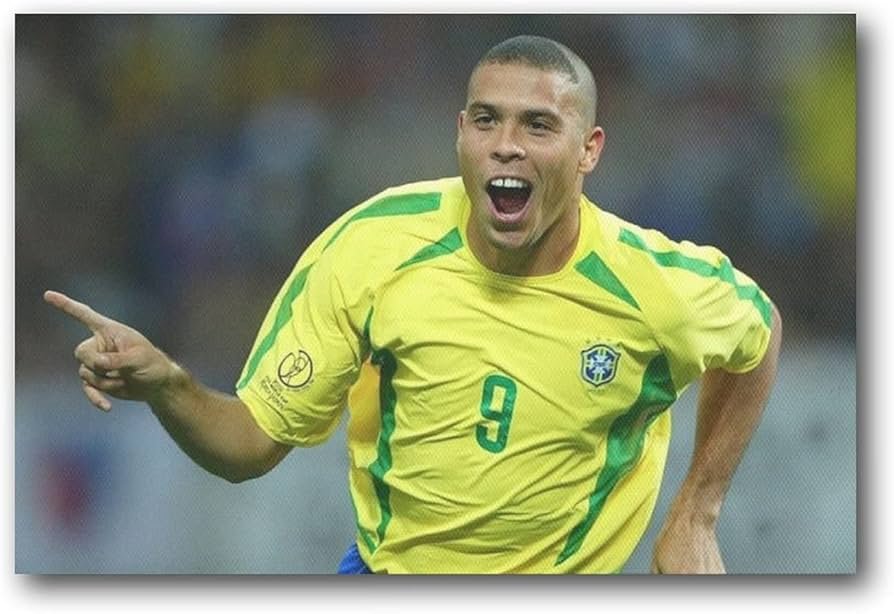
Introduction:
Briefly introduce Ronaldo Nazário, often called “O Fenômeno” (The Phenomenon), and his impact on the world of football. Mention his rare combination of speed, skill, and power, which captivated fans globally and made him a legend.
Early Life and Career Beginnings
Birth and Early Years: Born in 1976 in Rio de Janeiro, Brazil, Ronaldo Luís Nazário de Lima showed an early passion for football.
Youth Career: Highlight his time in Brazilian youth academies, especially his time with São Cristóvão and Cruzeiro, where his talent quickly caught attention.
First Professional Success: Detail his achievements at Cruzeiro, including his impressive goal-scoring ability at such a young age, and the international interest it sparked.
European Rise: PSV Eindhoven and FC Barcelona
PSV Eindhoven: Describe how Ronaldo joined PSV at just 17 and quickly adapted to European football, finishing as the league’s top scorer in his first season.
FC Barcelona: Talk about his record-breaking transfer to Barcelona, his incredible goal-scoring season, and his evolution into a global superstar.
Memorable Moments: Highlight some of his unforgettable goals at Barcelona, showcasing his dribbling and shooting abilities.
The Inter Milan Years: Triumph and Tragedy
Joining Inter Milan: Detail his move to Italy, the expectations placed upon him, and his success in Serie A, which was then one of the toughest leagues in the world.
The Phenomenon in Italy: Explain how he became known as “Il Fenomeno” and his incredible performance at Inter, including winning the Ballon d’Or in 1997.
Injuries and Struggles: Talk about his devastating knee injuries, surgeries, and the challenge of recovering at such a critical stage of his career.
The Redemption Arc: 2002 World Cup Glory
Return to the National Team: Explain his journey to return to full fitness and make it back to the Brazilian national team for the 2002 World Cup.
2002 World Cup Performance: Describe his incredible comeback, leading Brazil to victory, scoring eight goals, and claiming the Golden Boot.
Legacy of the 2002 World Cup: Highlight how this World Cup cemented his status as one of the greatest players of all time.
Real Madrid and the Galácticos Era
Joining Real Madrid: Describe his transfer to Real Madrid as part of the club’s “Galácticos” project.
Impact at Real Madrid: Discuss his successes at Madrid, including winning La Liga and his memorable performances alongside stars like Zidane, Figo, and Beckham.
Injuries and Decline: Touch upon his recurring injury issues that continued to affect his form during his time in Spain.
Later Years and Retirement
AC Milan and Return to Brazil: Mention his move to AC Milan and subsequent return to Brazil with Corinthians, showing his resilience and passion for the game.
Final Days and Retirement: Discuss his retirement in 2011, reflecting on his decision and his farewell to football.
Ronaldo’s Legacy and Impact on Modern Football
Influence on Future Strikers: Analyze how his style of play influenced modern forwards, blending power and finesse.
Skill and Technique: Detail his iconic moves, such as the step-over, and his contributions to the development of attacking play.
Recognition and Honors: List his major accolades, including Ballon d’Or wins, World Cup victories, and his ranking among football’s all-time greats.
Conclusion
Summarize Ronaldo Nazário’s journey from a young talent in Brazil to one of the most celebrated players in football history. Reflect on his enduring legacy, how he overcame adversity, and his unique place in the hearts of fans.
FAQs
1. How many Ballon d’Or awards did Ronaldo Nazário win?
He won two Ballon d’Or awards, in 1997 and 2002.
2. What made Ronaldo Nazário unique among other strikers?
His blend of explosive speed, strength, and technical skill set him apart, allowing him to score incredible goals that amazed fans worldwide.
3. Why is Ronaldo Nazário called “O Fenômeno”?
The nickname, meaning “The Phenomenon” in Portuguese, was given to him because of his extraordinary talent and impact on the game at a young age.
4. How many World Cups did Ronaldo Nazário win with Brazil?
Ronaldo won two World Cups with Brazil, in 1994 and 2002.
5. What injuries did Ronaldo Nazário suffer?
He experienced serious knee injuries, particularly ligament tears, which sidelined him for lengthy periods and impacted his career.
Share this content:
-

 Health7 months ago
Health7 months agoВетеринарная клиника VetCityPets: Забота о вашем питомце на высшем уровне
-

 App6 months ago
App6 months agoExperience Unlimited Entertainment with Castle APK for Android
-
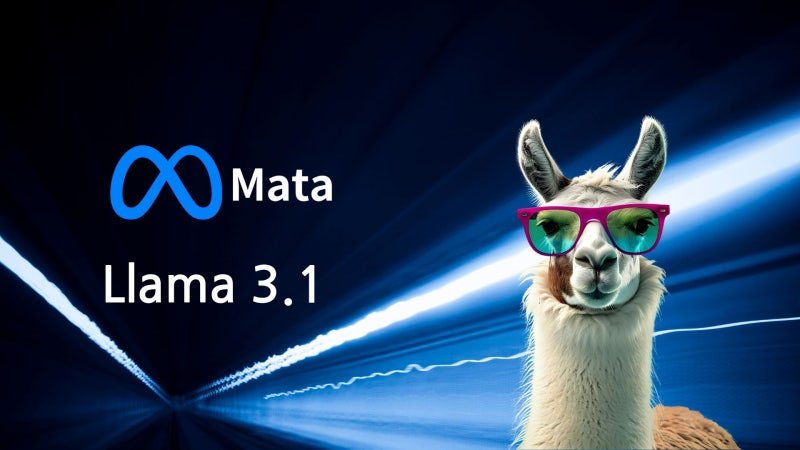
 AI8 months ago
AI8 months agoUnderstanding 라마 3.1: Features, Benefits, and Applications
-

 Business8 months ago
Business8 months agoSnow Day Calculator: How to Predict School Closures
-

 Business8 months ago
Business8 months agoLand Rover Defender vs. Toyota Land Cruiser: Battle of the Luxury Off-Roaders
-

 Travel7 months ago
Travel7 months agoExplore Mega-Personal.net Travel Archives: Your Gateway
-

 BLOG8 months ago
BLOG8 months agoThe Ultimate Guide to Becoming a Car Guru: Tips for Car Enthusiasts and Buyers
-

 Fashion7 months ago
Fashion7 months agoWhy the Essentials Hoodie is a Must-Have in Every Wardrobe

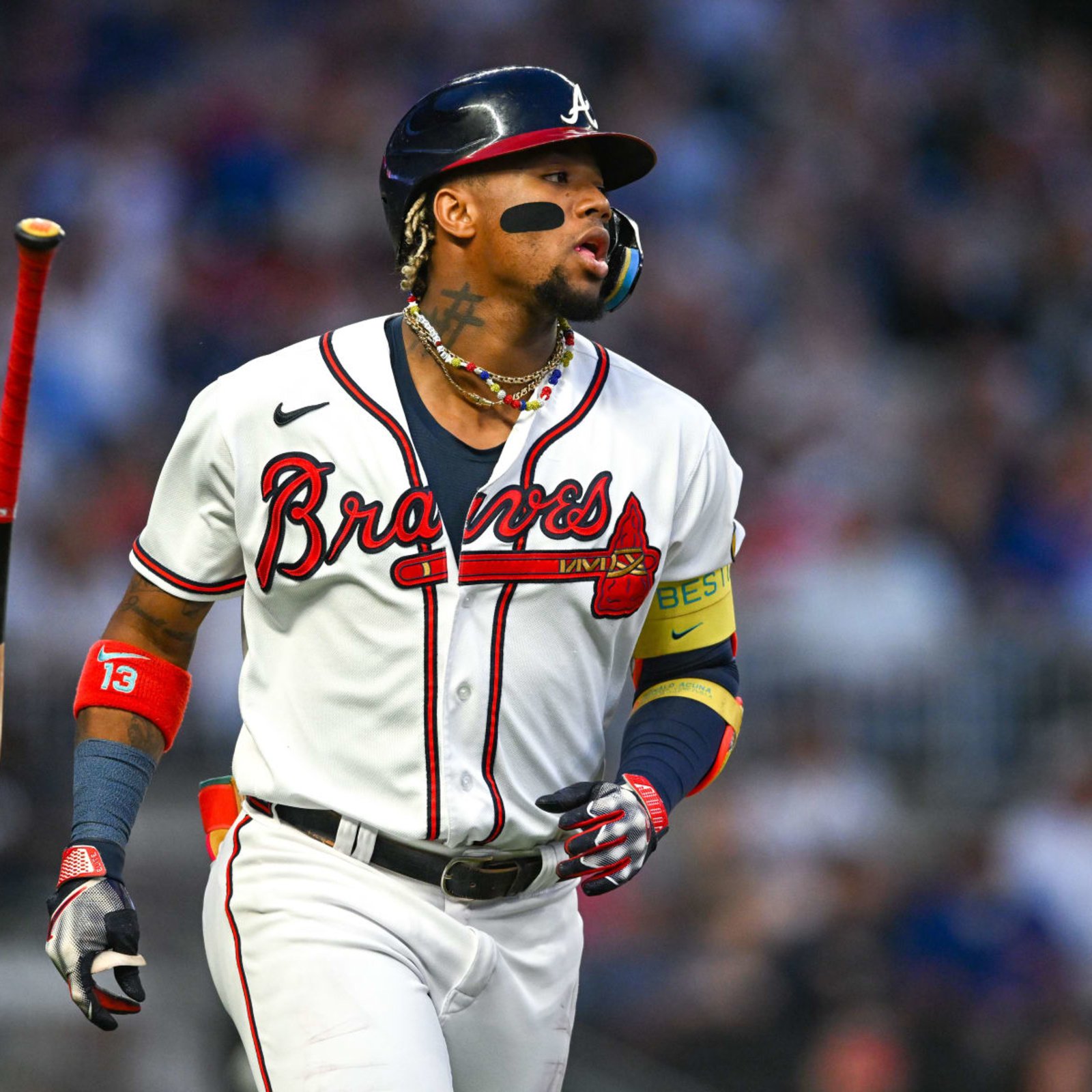
Pingback: Ronaldo: The Rise and Reign of a Football Icon - Ronaldo